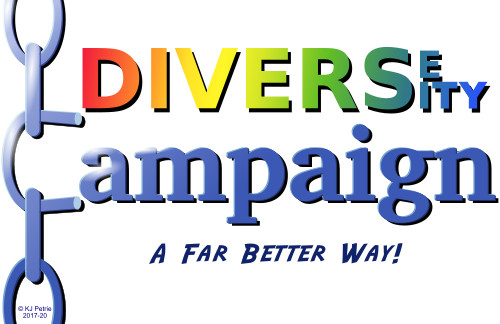Opinion
17th June 2024
The Cass Review
On 18th April I wrote a short holding piece explaining why I had not responded yet to Dr Cass’s review of children’s transgender services. I have now had time to read the whole narrative of her report.
My initial reaction is that it is good to read a senior medical practitioner raising many of the concerns behind the creation of this website. She has clearly recognised the harm done by politicising personal concerns and identity, and the censoring effect that has had on the ability to discuss and study the phenomena involved. She has also provided in a published document a clear and rational account of why such research is needed and that until time has passed for such research to be complete, provision must be compassionate but understood as subject to judgement against the evidence as it emerges.
Research needs to cover numerous areas including the reasons for changes in the numbers coming forward or being referred to services, the various underlying phenomena causing gender-based concerns, the co-relation with mental ill health, and the effectiveness of treatment options in improving well-being. To that end she recommends an expansion and diversification of provision within a clear three-tier structure involving national policy and oversight of regional and local services, all closely integrated with other mental and physical health services.
This seems very sensible as an approach, though it does raise two immediately apparent problems. Firstly, given the struggles the NHS as a whole and mental health services in particular have to secure adequate resources, I can’t help wondering whether the proposed restructuring will ever be completed. I certainly can’t see how it can be done in the time required to help those suffering now. Secondly, how are these services to avoid Mission Creep? Once a well-resourced service has been equipped and staffed, how would it be able to respond if, resulting from the vagaries of fashion to which young people seem, in my experience, to be particularly vulnerable, demand for help in this area begins to decline as another concern displaces it in young minds? Would there be a temptation to generate more work by issuing “information” aimed at generating “awareness” to invite more people to come forward? We would need to guard against such a danger of the much-needed assistance changing sides from solution to cause if its market started to diminish. To guard against this the integration with other services would need to be arranged in order to enable growth or shrinkage to occur without threatening jobs or expertise.
Dr Cass recognises that alongside the medical provision, including therapies other than chemical or surgical, such as counselling, there needs to be a separate societal debate on broader ethical and political understanding of the phenomenon of gender identity in our culture and how we are to address that in the public sphere without falling into the trap of impacting individual care for those in distress. Such debate is vital if we are all to gain a proper understanding to defeat prejudices which harm social cohesion while allowing a full range of benign opinions which stop short of aggression or persecution. She also recognises the danger of fear deterring professionals from entering the field if legislation intended to protect vulnerable people from coercive manipulation is capable of interpretation to criminalise necessary therapeutic challenges. For that reason society needs to be careful in how it understands the needs behind a full range of care. However, her review cannot extend to the societal and political area beyond noting the harm done by inappropriate public approaches.
One area of concern she raises is around so-called “Conversion Therapy”. There I think I can make a positive suggestion. When I was a member of the Social Democratic Party, my main achievement was to add to its policies the idea that counsellors and psychotherapists should be regulated in the same manner as other healthcare professionals. Most people are astonished when I tell them they are not. At present, anyone can call themselves a psychotherapist and set up a practice with no qualification at all. To work in the NHS one would probably need to show evidence of attending an appropriate course and passing exams along with a clean DBS, but there is no registration requirement and no accountability for conduct when alone with patients beyond the normal employee discipline. In private practice even those safeguards do not exist. This is what allows charlatans to claim to be therapists and enables abusive practices such as “Conversion Therapy” to take place.
Rather than outlawing a specific branch of so-called therapy and raising the problem of definition, would it not be better to require all therapists to be regulated and subject to an ethical code, which could define and ban all forms of coercive practice while still allowing legitimate challenges to be raised in the course of genuine exploration of feelings?
After all, counselling should never be about the therapist’s desired outcome. It is meant to be helping patients or clients understand their feelings and formulate their own response. There can be no room for strong direction by the counsellor in such a process. Everyone who goes to a counsellor is vulnerable, whatever the problem driving them to seek help, and everyone is entitled to protection against abuse, not just those whose problem raises political hackles. Let’s not single out one group for protection, which might actually prevent them receiving a proper diagnosis, at the expense of everyone else. Let’s not make the same mistake again.

